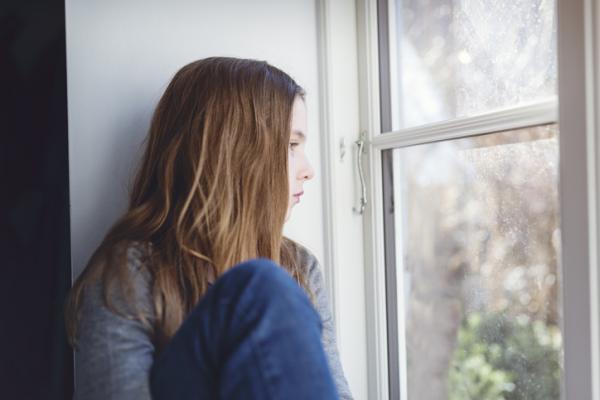Find out if you could be a foster carer
In a few simple questions, you’ll know if you’re suitable to apply to become a foster carer.
Child sexual exploitation is a form of sexual, physical and emotional abuse of children, while children and young people from all backgrounds can fall victim to child sexual exploitation (or CSE), looked after children are some of the most vulnerable. This is because they may not have the trust and support of close family and friends, and are less likely to speak out about what they’re going through.
That’s why it’s so important that foster carers understand the impact of CSE and the warning signs to look for.
To help support carers who may be concerned about their child’s safety, we’ve put together a complete guide to child sexual exploitation for foster carers. We’ve included a definition of CSE, how to spot the signs and additional resources to help you understand more about its impact on children.
Use the links below to skip ahead to the information you need, or read on for the full guide.
Child sexual exploitation is the physical, emotional and sexual abuse of children and young people under the age of 18. Victims are persuaded into sexual activity by people who’ve targeted them because of their age, vulnerability and inexperience, often through some form of ‘grooming’.
Grooming is when a victim is persuaded to perform sexual activities in exchange for receiving something, such as money, clothes, alcohol, drugs or even affection. There are many different kinds of grooming, but they often follow a similar pattern. The child’s defences are slowly broken down and the perpetrator establishes control over their lives and relationships.
Grooming may even just be the tip of the iceberg, hiding a wider range of abuse.

Violence or threats towards the child or members of their family is often used as a way to prevent them from revealing their abuse.
Technology can also play a part in continuing the cycle – with abusers often threatening to share explicit images or stories of their victims online.
CSE isn’t just physical abuse; there are a growing number of cases of children being sexually exploited online, without ever meeting their abuser. This happens when a child is encouraged to perform sexual activities online, such as sharing sexual images of themselves.
This can be one of the most difficult forms of child sexual exploitation to spot, and is one of the main reasons why internet safety is so important for keeping children safe online.
Perhaps the most concerning part of CSE is the fact that children sometimes don’t understand when they’re being abused. They might think that their abuser has genuine feelings for them, or that sharing sexual images online is normal. This is makes spotting the warning signs of abuse, and breaking the cycle, so challenging for foster carers.
Young people try lots of new things when they’re a teenager, and this can make it difficult for carers to manage their behaviour without stopping them from experiencing life and learning about themselves. Looked after young people are at their most vulnerable during these teenage years, and it’s during this time when they’re most likely to fall victim to child sexual exploitation.

While CSE affects every victim differently, there may be cause for concern if you notice any of the following warning signs:


The impact of child sexual exploitation can be devasting, with long-term damages that affect the whole family. Suffering this kind of physical and emotional abuse can be incredibly traumatic for young people, and it could have a lasting impact on their life.
Here, we look some of the effects CSE can have on young people in foster care.
It’s important to remember that you’re not alone in coping with the impact of child sexual exploitation.
At NFA, we offer full, 24/7 support to all our foster carers, as well as training and development to help them cope with the challenges of raising a child. For more information on how to get involved with fostering, visit our homepage or call us now on 0330 022 9135.